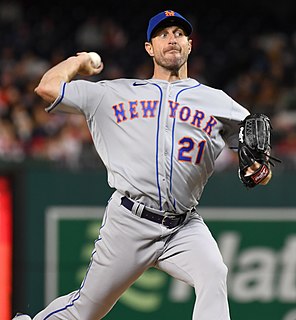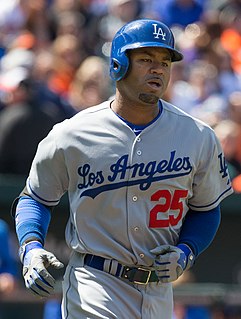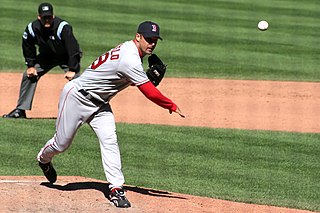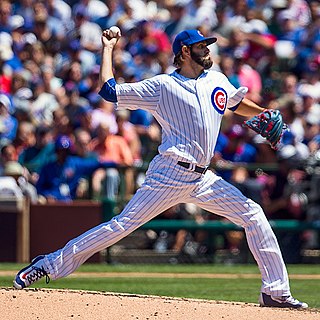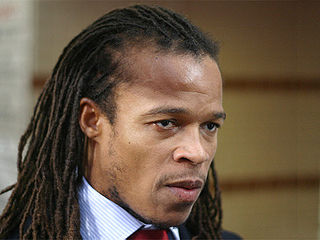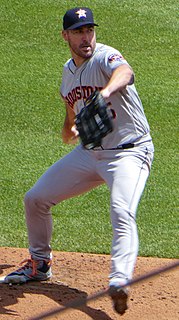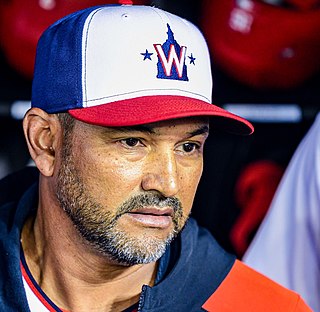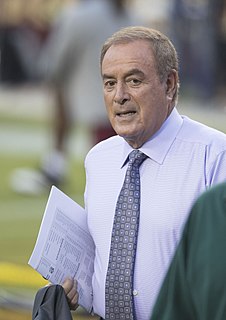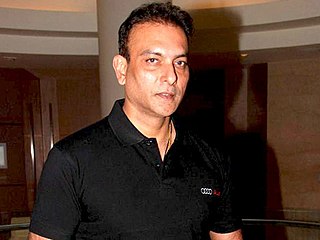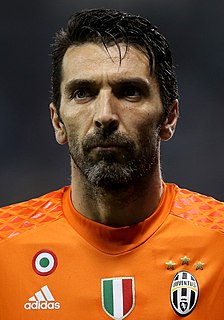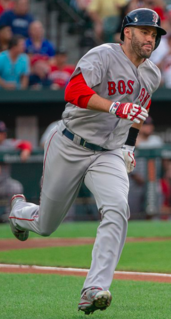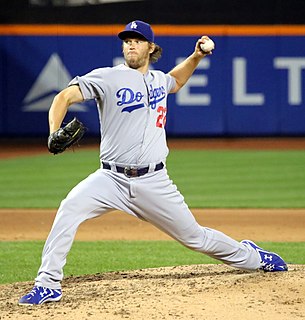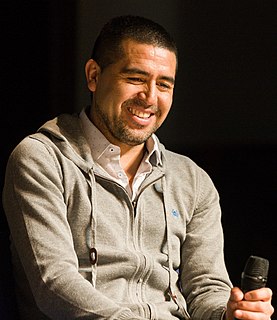A Quote by Max Scherzer
A lot of times, I've always looked at pitching in the All-Star Game as a prelude to how you pitch in the postseason, sometimes how you might have to pitch on two days' rest out of the pen, only throw one inning and then you have to go face the best hitters. That's what you do in the All-Star Game.
Related Quotes
When an artist wants to paint a painting, they have all those things in their head that they want to portray on a canvas. It's the same thing when I'm pitching. I have all these thoughts going through my head about how I want to pitch: which pitch I want to throw here, and why do I want to throw it?
If the pitch starts with a sob story, I'm out. If the pitch talks about personal issues, I'm out. If the pitch starts off with how big the market opportunity is, I'm out. If the pitch tells me what is unique about the product, how it can make a profit, and it's an area where I have expertise, I will read on.
The one who plays this game the best is Iniesta: he knows exactly when to go forward and when to drop back. He picks the right moment to do everything: when to dribble, when to speed things up and when to slow things down. And I think that's the only thing that can't be taught or bought. You can learn how to shoot and how to control the ball, but being aware of everything that's happening out on the pitch - that's something you're either born with or you're not.
